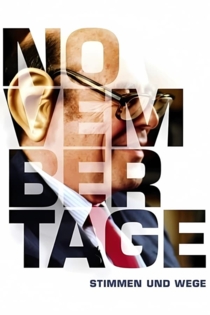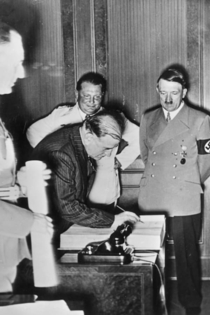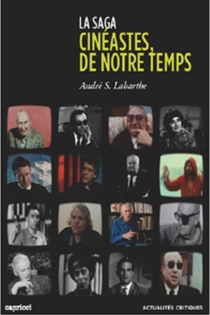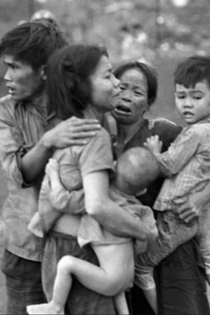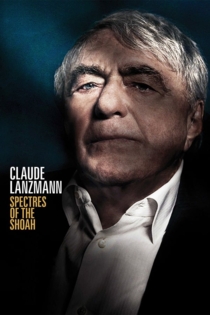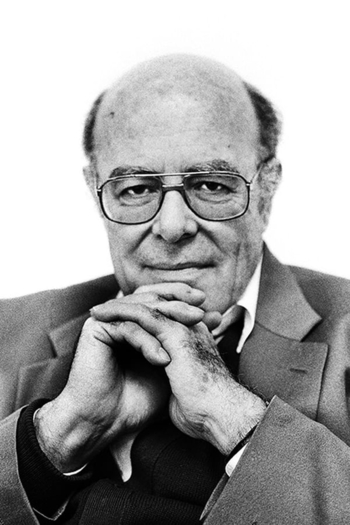
Marcel Ophüls
1927 (98 лет)The Memory of Justice
Marcel Ophüls
Joan Baez, Karl Dönitz
This exceptional, disturbing and thought-provoking documentary compares the atrocities committed by the Nazis as revealed during the Nuremberg trials to those committed by the French in Algeria and those done by the Americans in Vietnam. The four hour epic questions the right of any country to pass self-righteous moral judgements upon the actions of another country.
The Memory of Justice
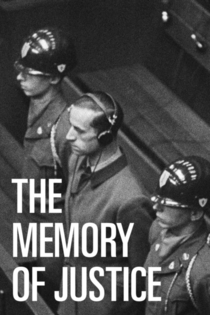
Le chagrin et la pitié
Marcel Ophüls
Georges Bidault, Matthäus Bleibinger
From 1940 to 1944, France's Vichy government collaborated with Nazi Germany. Marcel Ophüls mixes archival footage with 1969 interviews of a German officer and of collaborators and resistance fighters from Clermont-Ferrand. They comment on the nature, details and reasons for the collaboration, from anti-Semitism, xenophobia, and fear of Bolsheviks, to simple caution. Part one, "The Collapse," includes an extended interview with Pierre Mendès-France, jailed for anti-Vichy action and later France's Prime Minister. At the heart of part two, "The Choice," is an interview with Christian de la Mazière, one of 7,000 French youth to fight on the eastern front wearing German uniforms.
The Sorrow and the Pity
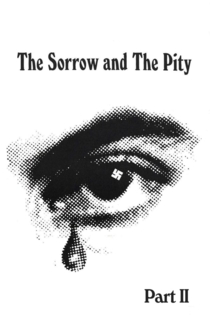
A Sense of Loss
Marcel Ophüls
Bridget Andrews, Bridget Bond
Shot over six weeks in December 1971, and January 1972, the film consisted of interviews with Protestants, Catholics, politicians, and some soldiers, combined with TV news clips of bombings and violence. The deaths of four individuals formed the central focus of the film, which Ophüls described as ‘an old, middle-aged, humanistic, social-democratic attempt to give people an idea that life after all is not that cheap’. The BBC refused to transmit the completed film on the grounds that it was ‘too pro-Irish’ (Sunday Times, 5 Nov. 1972). (via http://cain.ulst.ac.uk/othelem/media/docs/freespeech.htm)
A Sense of Loss
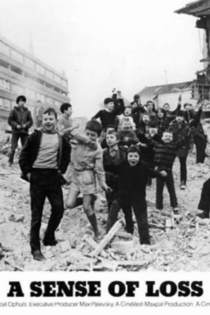
Veillées d'armes
Marcel Ophüls
Marcel Ophüls
We follow Marcel Ophuls' two journeys to Sarajevo in 1993. He is starting a documentary about war correspondants. But this also becomes a reflexion about truth and life. The form consists in many interviews of mostly French and American journalists and reporters of television or newspapers.
The Troubles We've Seen
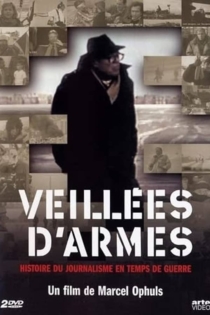
Hôtel Terminus: The Life and Times of Klaus Barbie
Marcel Ophüls
Klaus Barbie, Marcel Ophüls
Winner of a Best Documentary Academy Award, Marcel Ophuls' riveting film details the heinous legacy of the Gestapo head dubbed "The Butcher of Lyon." Responsible for over 4,000 deaths in occupied France during World War II, Barbie would escape--with U.S. help--to South America in 1951, where he lived until a global manhunt led to his 1983 arrest and subsequent trial.
Hôtel Terminus: The Life and Times of Klaus Barbie
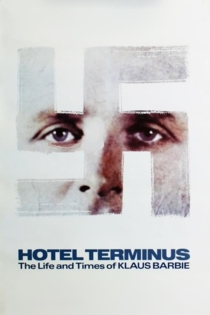
Marcel Ophuls et Jean-Luc Godard, La rencontre de St-Gervais
Frédéric Choffat, Vincent Lowy
Jean-Luc Godard, Marcel Ophüls
In 2009, in a small theater in Geneva, Switzerland, the film directors Marcel Ophuls and Jean-Luc Godard met for an unusual, surprisngly intimate and sometimes contentious dialogue with each other in front of a live audience. Luckily for us, it was filmed.
Marcel Ophuls et Jean-Luc Godard, La rencontre de St-Gervais
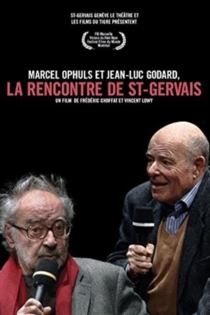
François Truffaut: Portraits volés
Michel Pascal, Serge Toubaina
François Truffaut, Jean-Pierre Léaud
Twenty-six people - including two daughters, an ex-wife, his last lover, actors, fellow directors and writers, a neighbor, and boyhood friends - talk about François Truffaut. They discuss his attitudes toward wealth, his early writings about cinema, the undercurrent of violence in his films and his personality, the way he used and altered events in his life when making films, his search for a father (both artistic and biological), his relationship with his mother, the scenes in his films that cause a squirm of embarrassment, and his ultimate mysticism. Clips from a dozen of his films are included.
François Truffaut: Stolen Portraits
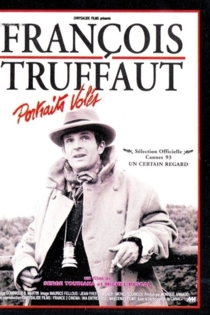
Love at Twenty
François Truffaut, Shintarô Ishihara
Jean-Pierre Léaud, Marie-France Pisier
Love at Twenty unites five directors from five different countries to present their different perspectives on what love really is at the age of 20. The episodes are united with the score of Georges Delerue and still photos of Henri Cartier-Bresson.
Love at Twenty
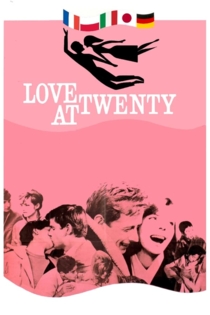
Un voyageur
Marcel Ophüls
Jeanne Moreau, Costa-Gavras
18 years after his last film, (The Troubles We've Seen), Marcel Ophuls emerges from retirement as one of our last masters, the most corrosive, the funniest as well. And the most forceful. The director of The Sorrow and the Pity shares with us stories of his exceptionally rich life in this light-hearted yet bitter escapade though the century and the movies. Son of the great Max Ophuls, he is generous in his admiration. We also meet Jeanne Moreau, Bertolt Brecht, Ernst Lubitsch, Otto Preminger, Woody Allen, Stanley Kubrick and of course François Truffaut. There are no great filmmakers without a memory, so here is the memory shop of Marcel Ophuls.
Ain't Misbehavin

